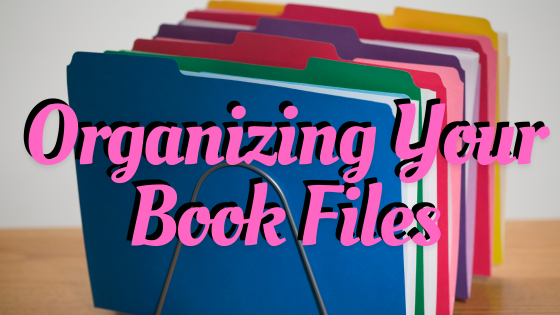Spice up Your Mysteries - Just in Time for Valentine's Day
/Tomorrow’s Valentine’s Day. I know not everyone celebrates, but I do because it extends the party from my birthday. This year, it’s on Friday the thirteenth, but that’s another story.
So, let’s talk romance. A few years back when I was the program director for our mystery writers’ group, I invited some amazing romance writers to visit and give us some tips for spicing up our mysteries. (Many thanks to Mary Burton, Tracey Livesay, Avery Flynn, and Lisa Dyson for all their great advice!) The writers’ genres variety from sweet to va-va-voom, and it was a hoot to listen to them describe how to write romantic situations.
I write cozy mysteries that are PG-13, so anything too racy happens behind closed doors. That works for cozy mysteries that are primarily based on bringing the guilty to justice and strong character relationships. But, the industry is changing with a whole lot of new subgenres that blend with other book genres like romancy, a combination of fantasy and romance.
In my first series, my character was devoted to her job, and she really didn’t have much of a social life. And I received a lot of feedback from readers that they wanted more romance to make her seem more like a regular person. (Delanie did have a fling in Secret Lives and Private Eyes, and that caused a lot of conflict for the storyline. Later in the series, she starts dating an FBI agent.)
For two of my cozy series, I’m currently writing books 7-9, and I’m toying with the idea of having a wedding. No spoilers yet.
I think romance is important to any story, and here’s why:
A little romance livens up the story line.
It can create conflict for the characters to move the plot forward (or attempt to derail it).
It makes the characters more human. Emotions are a part of life.
And romance add some fun elements for the characters and readers.
Do you like a little (or a lot of) romance in your mysteries?


















